In season 3 of Netflix’s Never Have I Ever, Devi (Maitreyi Ramakrishnan) and co. are back for more mischief. The drama is totally captivating per usual, as evidenced by the show’s current spot as number 1 in Netflix’s Global Top 10 TV shows. Never Have I Ever is charming and hilarious as it has been in past seasons and still sports a diverse ensemble cast. However, the show doesn’t always treat its marginalized characters that well. Let’s go character by character like the season 2 review to see how far some characters have come and how far others have fallen. (Some characters aren’t included because they’re given so little to do.) Spoilers ahead for Never Have I Ever season 3.
Paxton
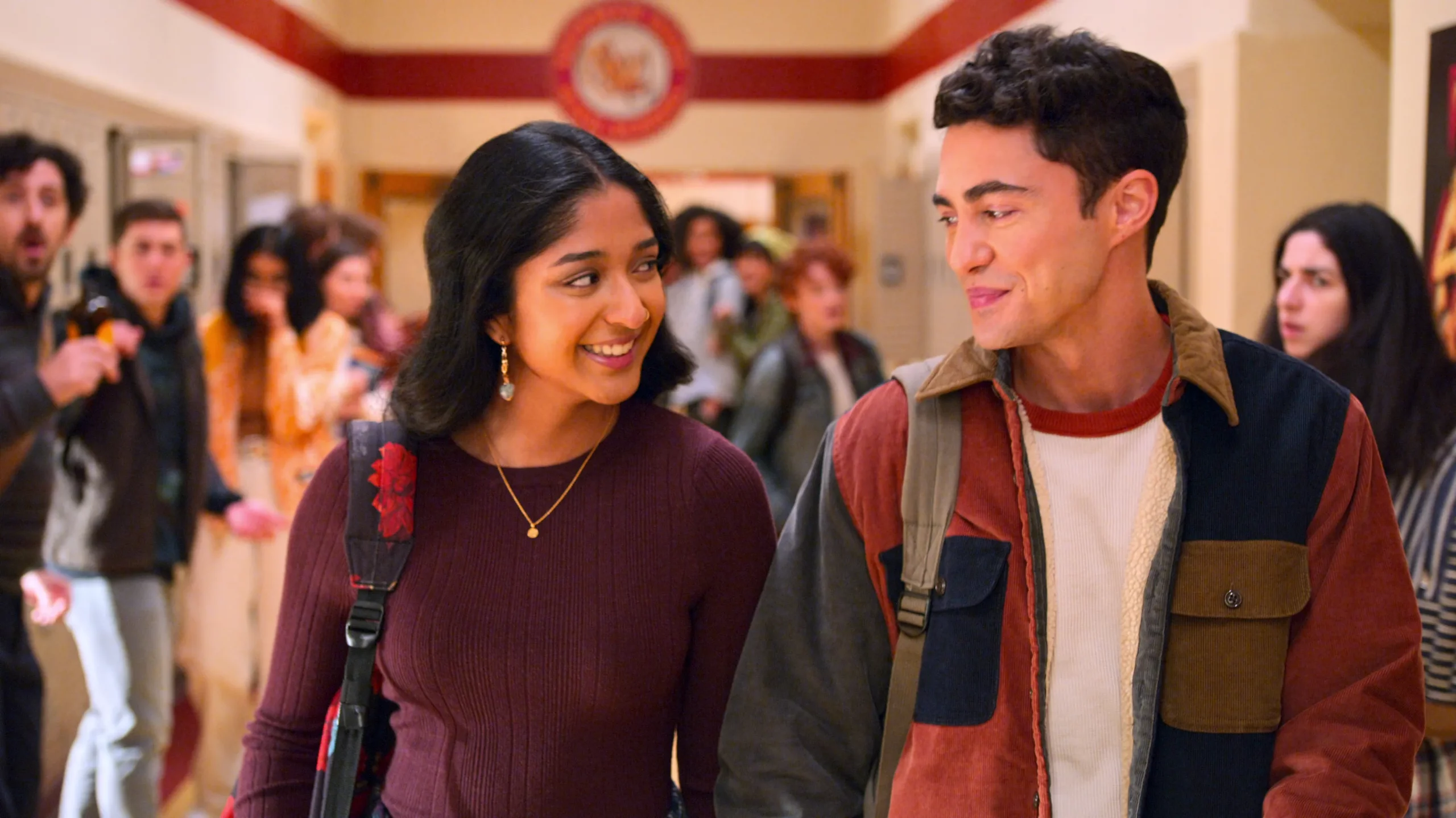
Paxton (Darren Barnet) becomes much more emotionally mature this season, admirably so. He even breaks up with Devi because he knows she needs to love herself first. He gets more serious about school, and even though it seems unclear what he wants to do for his future, at least he’s throwing his all into it. However, Paxton becomes increasingly irrelevant this season, and one wonders if we need to see him again at all in season 4.
Ben
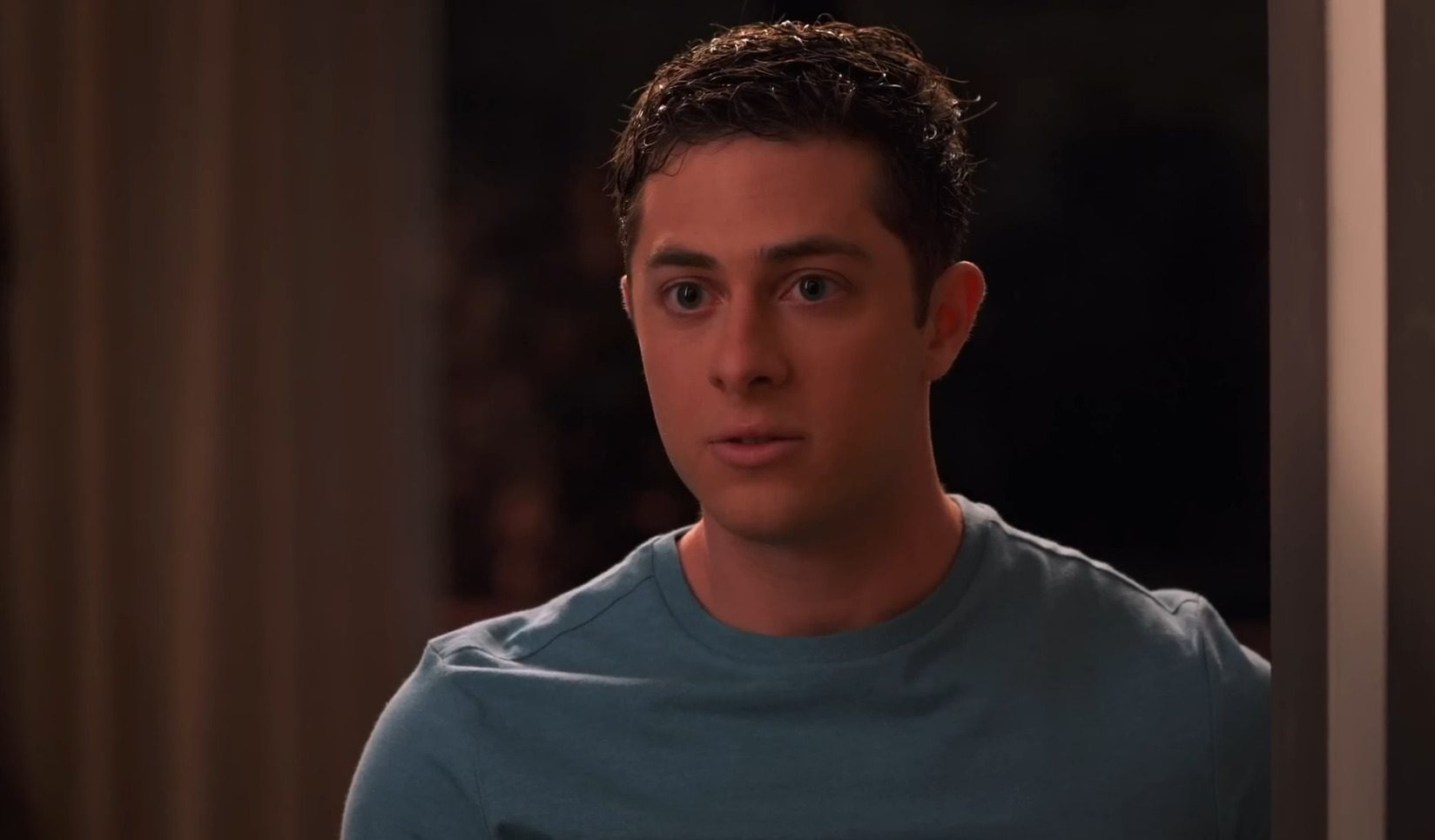
Ben (Jaren Lewison), meanwhile, finally gets humbled. Fabiola (Lee Rodriguez) forces him to confront how condescending he acts towards other people (especially women and women of color). This is one of the things that’s most bothersome about Ben—he’s been able to get away with bullying others without any consequences because he’s a white man. Ben’s the kind of character who seems on track to become a rich, entitled white *sshole. His desperate quest for academic perfection also gets thrown off course because he realizes he’s not taking care of himself. It’s refreshing to see a show highlight the very real issue of grade-obsessed students created by our culture obsessed with success via higher education. Ben also learns to respect the arts.
Even though Ben got so much better this season, I wasn’t too happy that he and Devi ended up together. Yes, the two have undeniable chemistry. But they work better as friends. It can’t be forgotten that Ben bullied Devi and her friends throughout school simply because they are geeks and nerds who are women of color. Some fans are delighted to see Ben and Devi finally get together. But this season, Des appeared to be the best romantic interest before he was revealed to be a mama’s boy.
Des
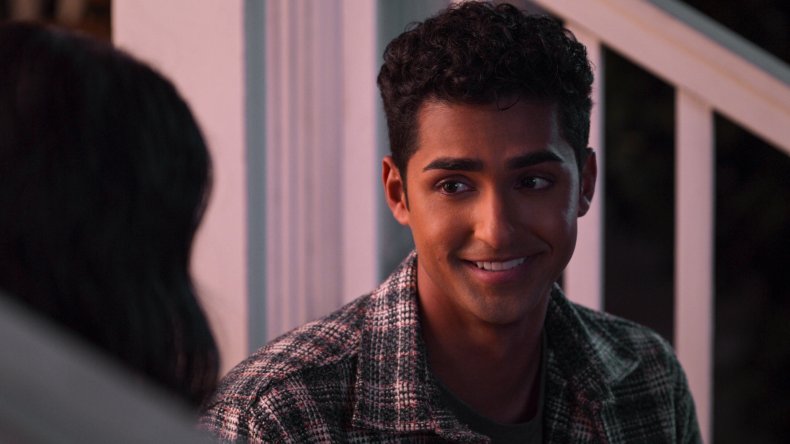
Des (Anirudh Pisharody) was a great addition this season. He seemed to perfectly combine the best aspects of Paxton and Ben and meet the expectations of Devi’s family. The sudden change in Des’s character to make him a toxic mama’s boy was a ploy by the writers to bring Devi and Ben back together. Devi has only been set up with white or white-passing love interests so far. This has become a trope in media to pair a person of color with a white person. If only Never Have I Ever was more like Mr. Malcolm’s List, which featured two romantic leads of color.
This trope playing out here, no matter how good Devi and Ben are together, suggests South Asian women are better off with white men and plays into discrimination against South Asian men. The prevalence of these relationships in media can perpetuate stereotypes that South Asian men are unattractive while upholding white supremacy. Especially with so little mainstream South Asian representation in American and European media, shows like Never Have I Ever are all the more important. Truly, the real issue is that we need more South Asians leading films and TV shows—films and TV shows not all produced or written by the same person.
Devi
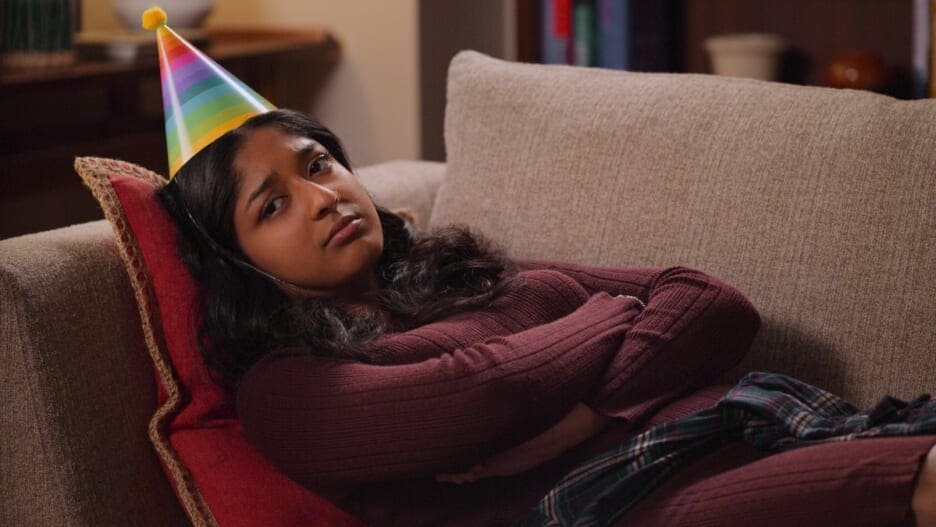
Devi makes better decisions this season and starts to grow as a person. But the internalized racism she spouts does not make for the most positive representation. Devi’s first thought is to avoid Nirdesh and call him her cousin simply because she imagined he would be the racial stereotype of an Indian man—ugly, nerdy, and too “traditional.” Although Nirdesh is the opposite of these stereotypes and Devi falls for him, her internalized racism is a recurring problem that’s never truly addressed or improved. This might be a relatable feeling for Indian audiences, however, it’s worrisome that Devi’s “anti-Indian” attitude could foment more internalized racism in young Indian girls watching the show.
Eleanor and Fabiola
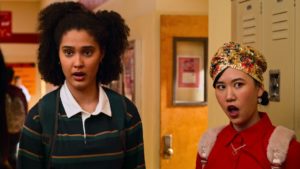
As for Devi’s friends, they’ve got their own romantic plots. Eleanor (Ramona Young) and Trent (Benjamin Norris) get together and end up becomming a cute pairing. Trent’s better characterized as a loving friend toward Paxton and a dedicated boyfriend for Eleanor.
Fabiola does not get much attention or development this season. She breaks up with her girlfriend at the start of season 3. She doesn’t express any sadness once the relationship is over, which doesn’t feel very authentic given Eve was her first girlfriend (even if they didn’t have much chemistry or common interests). Fab should’ve gotten more screentime for this. Instead, she gets thrown into an unnecessary romantic plot with Aneesa (Megan Suri). Like Fab’s last relationship, these two don’t have chemistry or shared interests either. Out of the blue, Fab starts crushing on yet another student—Addison (Terry Hu), Des’s nonbinary friend (who recently appeared in Disney’s ZOMBIES 3).
Fab and Addison share the same interests, but their relationship is rushed through and happens offscreen. It’s important to note that Fab is the only main LGBT character on the show. Her treatment this season signals the writers don’t care about their queer characters. Fab’s “first time” happens completely offscreen while Eleanor gets a dramatic, fantasy-fulfilling one that happens partially onscreen and Devi’s happens as the huge cliffhanger ending. Compared to them, Fab’s character has been shortchanged.
Aneesa
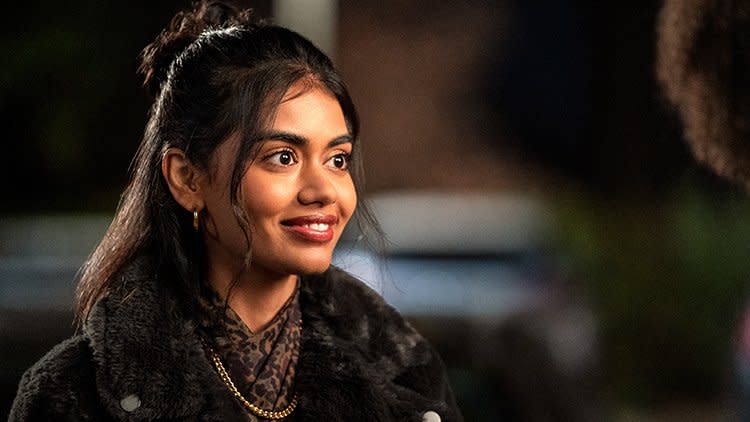
As for Aneesa, her character is tossed to the side. Maybe it’s too many characters with their own plotlines or maybe it’s just that the writers don’t care about LGBT representation. Aneesa breaks up with Ben, but her next relationship with Fab doesn’t work out for the same reasons. As soon as Aneesa sees Fab falling for someone else, she calls the whole thing off with absolutely no sadness or remorse. Aneesa is used like a tool by the writers to bring the other characters together. Like with Fab, she’s never seen grieving over her relationships. And she never addresses her queerness.
After the breakup, Aneesa disappears from the screen for the rest of the show. Will she even return for season 3? She deserved better, as did the fans who saw themselves in her. Her identity as a Muslim isn’t even mentioned at all this season, which is disappointing because many viewers thought they might get some Muslim representation here (on the other hand, you can check out Ms. Marvel or We Are Lady Parts for some better female Muslim representation). Aneesa’s possible identity as a queer Muslim girl could’ve been a wonderful opportunity for positive representation, but it’s thrown away.
While Never Have I Ever is undoubtedly a fun watch, it’s not without its issues. Here’s hoping, though, that it opens the door for more shows that feature South Asian leads.
Never Have I Ever is streaming now on Netflix.
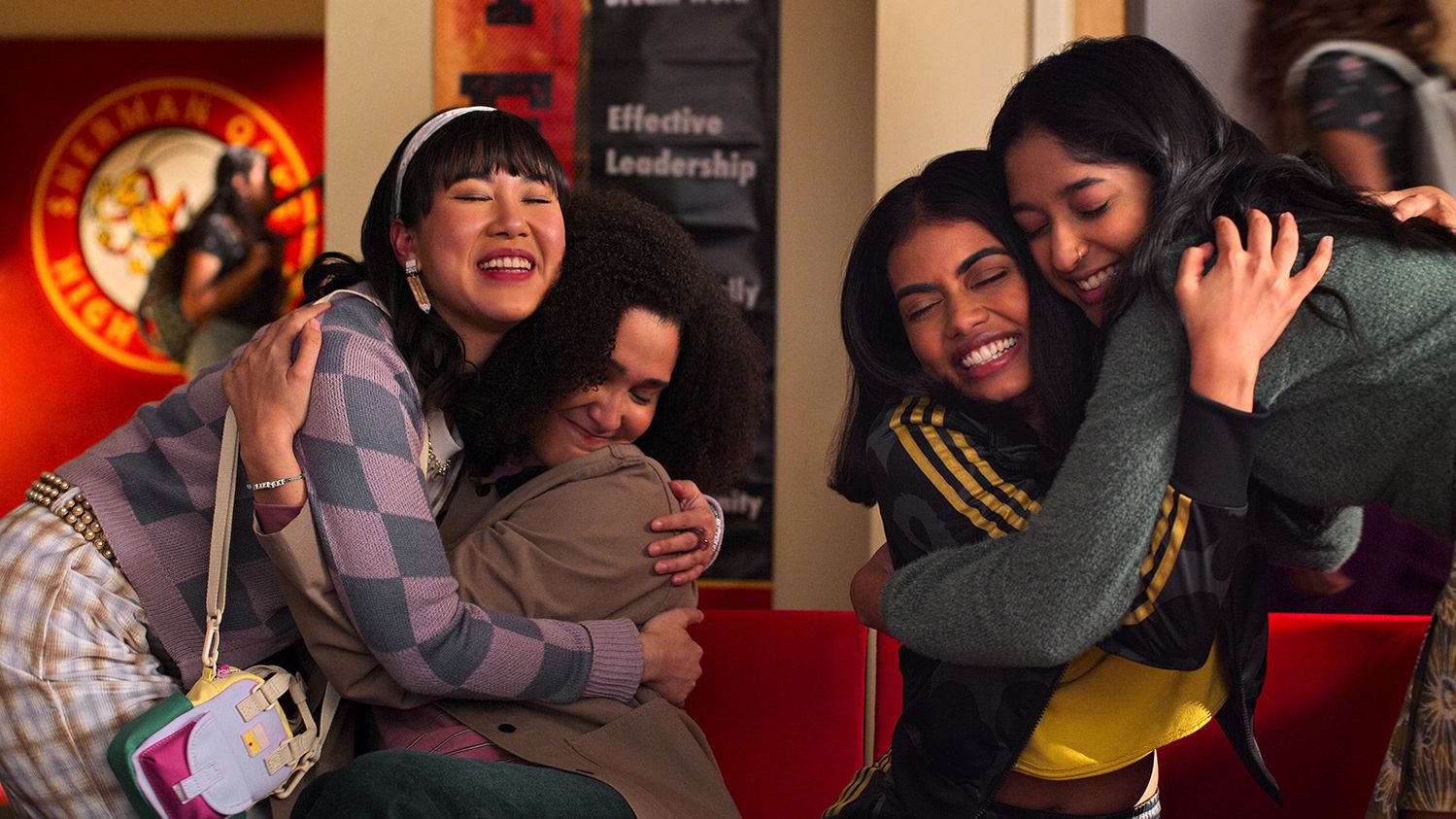
Comments